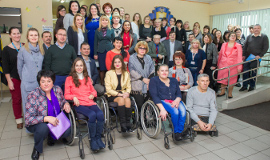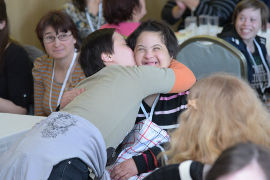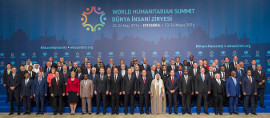SDG 11: Make cities and human settlements inclusive, safe, resilient and sustainable
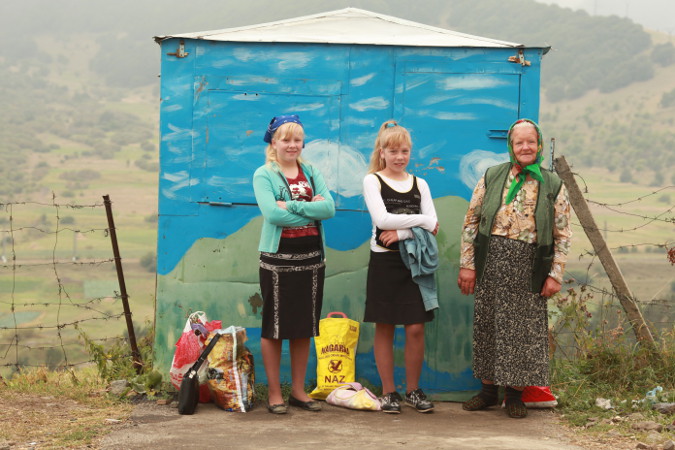
Targets
- By 2030, provide access to safe, affordable, accessible and sustainable transport systems for all, improving road safety, notably by expanding public transport, with special attention to the needs of those in vulnerable situations, women, children, persons with disabilities and older persons.
- By 2030, provide universal access to safe, inclusive and accessible, green and public spaces, in particular for women and children, older persons and persons with disabilities.
- By 2030, ensure access for all to adequate, safe and affordable housing and basic services and upgrade slums
- By 2030, enhance inclusive and sustainable urbanization and capacity for participatory, integrated and sustainable human settlement planning and management in all countries.
- Strengthen efforts to protect and safeguard the world’s cultural and natural heritage.
- By 2030, significantly reduce the number of deaths and the number of people affected and substantially decrease the direct economic losses relative to global gross domestic product caused by disasters, including water-related disasters, with a focus on protecting the poor and people in vulnerable situations.
- By 2030, reduce the adverse per capita environmental impact of cities, including by paying special attention to air quality and municipal and other waste management.
- Support positive economic, social and environmental links between urban, peri-urban and rural areas by strengthening national and regional development planning.
- By 2020, substantially increase the number of cities and human settlements adopting and implementing integrated policies and plans towards inclusion, resource efficiency, mitigation and adaptation to climate change, resilience to disasters, and develop and implement, in line with the Sendai Framework for Disaster Risk Reduction 2015–2030, holistic disaster risk management at all levels.
- Support least developed countries, including through financial and technical assistance, in building sustainable and resilient buildings utilizing local materials.
By 2030, a historic 60 per cent of people worldwide will likely live in cities. For women and girls, urban residency can open doors to more income, better work and increased independence. Yet many, particularly lower-income women, are far from experiencing their equal rights to all the benefits and opportunities that urban areas can offer.
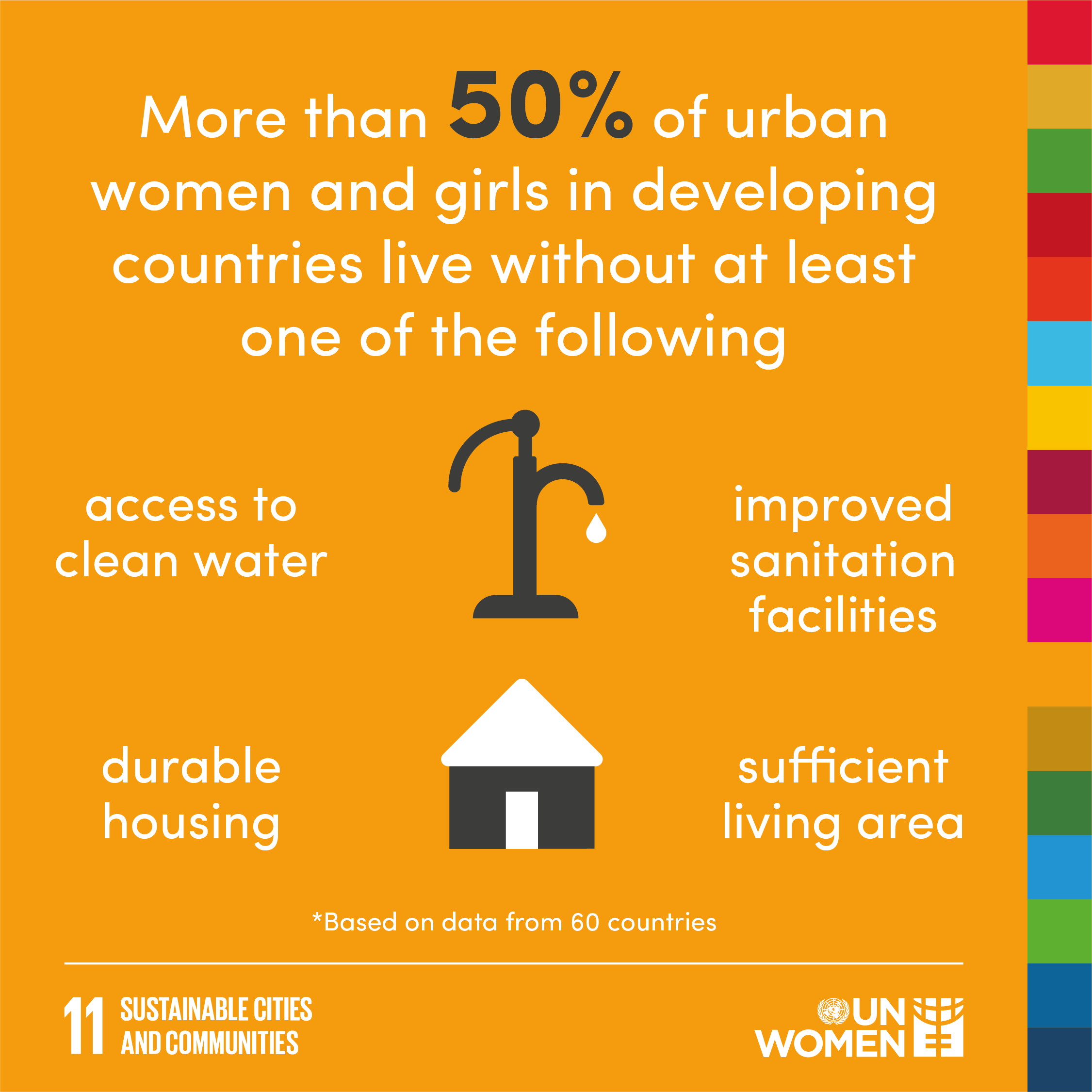
Urban spaces are not always safe for them, constraining their right to move about freely. They may face discrimination in employment or property ownership, and in services. A woman who cannot access the public transport she needs to reach medical care, for example, may face consequences including death or disability in giving birth.
Women who are poor and living in urban slums face particular challenges. In developing countries, more than half of urban women and girls lack at least one of the following: access to clean water, improved sanitation, durable housing and/or sufficient living area. In Central and Southern Asia, more than 60 per cent of urban women live in the above-mentioned conditions. For the Europe and Northern America region, data is available for only two countries – Albania and Ukraine – where 24.6 per cent and 30.8 per cent of urban women live in slum conditions, respectively. Housing deficits impose extra burdens on women, who spend more time at home. Overcrowding and poor hygiene can make households vulnerable to illness, with women required to care for the sick.
UN Women acts to make urban public spaces safe and empowering for all women and girls. We support safety in urban development plans, gender-responsive local programmes, and investments in safe and economically viable public spaces. The Global Flagship Initiative “Safe Cities and Safe Public Spaces” generates innovative results through partnerships with local and national governments, women’s groups and other community actors.
Stories
Women with disabilities are unable to access public services in eastern Ukraine, finds UN Women’s Gender Audit
Conducted by a team of women and men with disabilities, a UN Women gender audit of eight public buildings in eastern Ukraine revealed that inaccessibility of services, especially those provided by public institutions, causes direct and indirect discrimination, social isolation and marginalization in eastern Ukraine. Findings also revealed no safe and accessible transportation available in the city for women and men with physical disabilities to travel and access healthcare, social and educational facilities independently.
Ending violence against women with disabilities in Serbia’s custodial institutions
Women with mental disabilities held in Serbia’s institutions often suffer multiple forms of violence. A UN Trust Fund to End Violence against Women (UN Trust Fund) supported project started to bring the lives and narratives of women with mental disabilities living in custodial institutions to the attention of the public.
At Word Humanitarian Summit, participants vow to put women and girls at centre of decision-making
Participants of the first ever World Humanitarian Summit in May 2016 pledged to ensure their programming incorporates the distinct needs and priorities of women and girls making them equal partners and beneficiaries of humanitarian action.
